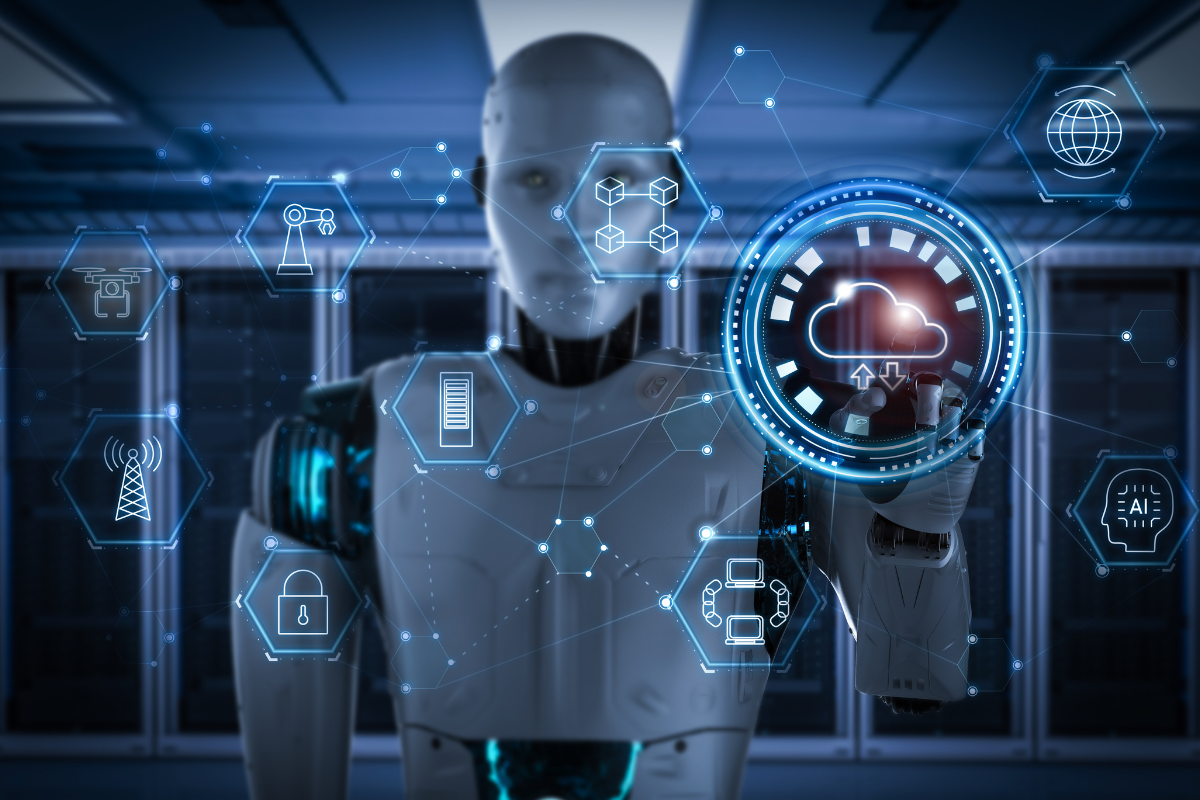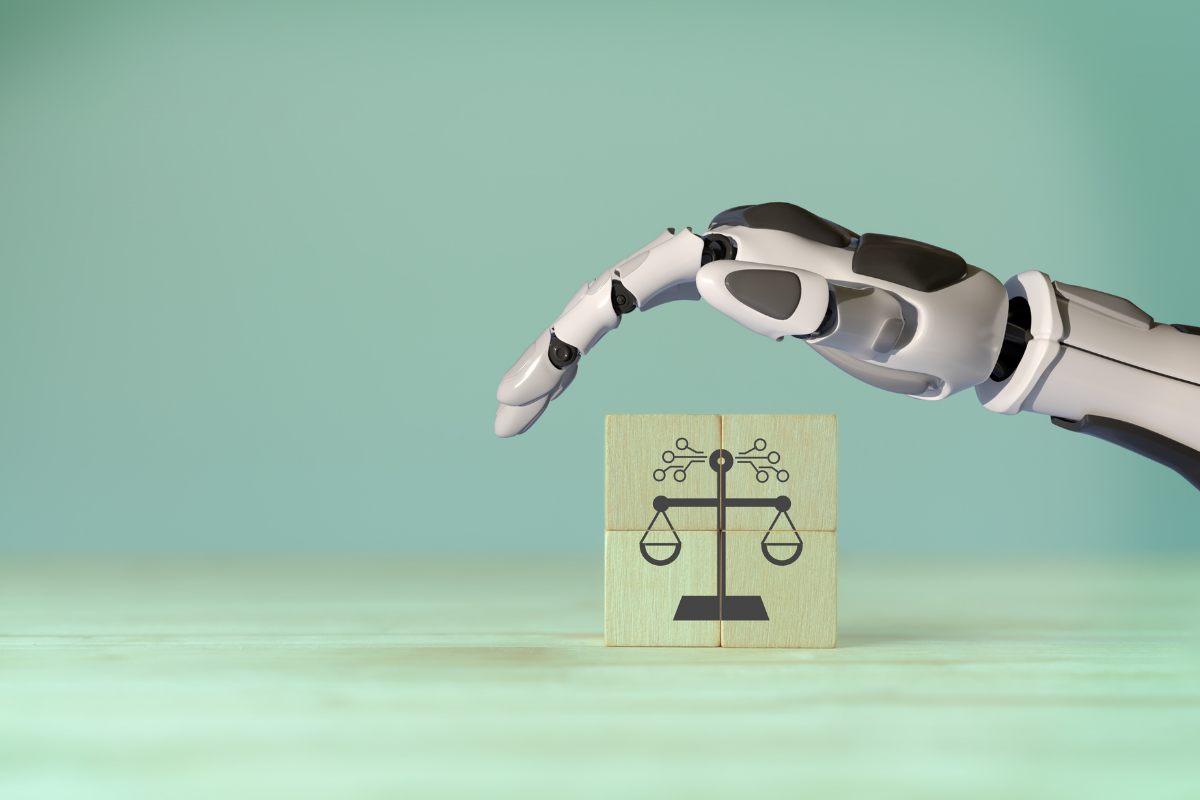AI has emerged as a transformative force in the world of technology. It is reshaping industries, improving efficiency, and revolutionizing how we live and work.
However, as AI technologies continue to advance, governments and regulatory bodies worldwide strive to balance innovation and safeguarding against potential risks.
Navigating the AI regulatory landscape is a critical challenge, and its implications for the future of technology are profound.
The Proliferation Of AI Technologies
AI encompasses a wide range of technologies. They include machine learning algorithms, natural language processing, and computer vision and robotics.
Its applications range from autonomous vehicles and healthcare diagnostics to financial services and customer service chatbots.
The online casino industry has adopted AI technologies more than most industries. Casinos use it to improve customer support, monitor player behavior, and promote responsible gambling.
If you like to play casino games without worrying about government-imposed monitoring tools, learn more about non-GamStop casinos and consider joining one of these sites. They’re safe and reliable. Their only distinguishing feature is that they give you control over your account.
That said, AI is the future of gaming. It’s not flawless. The technology’s rapid proliferation has raised concerns about fairness, safety, privacy, and ethics.
As AI systems become more sophisticated, there is a pressing need for regulation to ensure these technologies are used for the greater good while minimizing the risks of misuse. Here are a few reasons behind the need for AI regulation

1. Ethical Considerations
Ethical concerns are at the forefront of the push for AI regulation. Many organizations now use AI for decision-making processes like law enforcement, hiring, and lending. However, critics argue that AI can introduce biases if it isn’t monitored closely.
There is a call for AI systems to adhere to ethical principles and to be held accountable for their actions.
2. Privacy
AI often processes large amounts of personal data, raising significant privacy concerns. The General Data Protection Regulation in the European Union is designed to protect personal data, and its implications for AI use are profound.
Regulatory frameworks must address data collection, consent, and the responsible handling of sensitive information.
3. Safety
AI-powered systems can be a double-edged sword. While they can potentially improve safety in industries like healthcare and transportation, they also introduce new risks. For instance, deploying autonomous vehicles must be closely regulated to ensure public safety.
The increasing reliance on AI systems makes them a prime target for cyberattacks. Regulations must focus on the development and deployment of AI. They must also safeguard these systems against malicious actors who might exploit vulnerabilities.
4. Accountability
Determining responsibility for accidents or failures involving AI systems can be difficult. Regulatory frameworks must establish clear lines of accountability to protect individuals and organizations from potential legal and financial consequences.
5. International Harmonization
The global nature of AI technology calls for international cooperation in regulation. Ensuring a consistent regulatory framework across borders prevents regulatory arbitrage and maintains fairness and interoperability.
Current AI Regulations
Several countries and regions have already taken steps to regulate AI. Here are a few existing AI regulations.

The European Union’s AI Act
In April 2021, the European Commission proposed the AI Act to regulate AI systems used in high-risk sectors. This Act aims to establish a European AI ecosystem based on trust and transparency. It seeks to set strict requirements for AI developers and users, focusing on accountability, safety, and ethics.
The United States
In the United States, AI regulation is still evolving. Various states have introduced legislation focusing on AI in areas like autonomous vehicles and facial recognition technology. However, comprehensive federal AI regulations are yet to be established.
Canada
Canada has issued guidelines and principles for responsible AI development. The government encourages industry players to adopt ethical AI practices and design.
China
China has introduced several AI regulations, particularly focusing on national security and data privacy. It also regulates the export of AI technologies.
Implications For The Future Of Technology
The development and increased adoption of AI regulations will likely impact technology in the future. Here are a few things to expect:
1. Innovation
AI regulations will influence the pace and direction of AI innovation. While regulations can be considered constraints, they can also foster responsible and ethical innovation.
They will provide a framework for developing AI systems that prioritize safety and fairness.
2. Market Dynamics
AI regulations may alter the competitive landscape. Bigger companies with more resources may be better equipped to comply with regulatory requirements, potentially reducing competition.
However, regulations can also level the playing field by ensuring all companies adhere to similar standards.
3. Ethical AI
Regulations will encourage the development of AI systems that are more transparent, accountable, and fair. This will increase trust in AI technologies and promote their acceptance in various industries.

4. Data Privacy
Regulations like GDPR will likely influence the way companies collect, store, and process data. They will ensure that privacy rights are upheld and that users have more control over their personal information.
5. International Cooperation
As AI regulations become more common, international collaboration will be essential. This cooperation will enable the establishment of consistent standards and practices, promoting interoperability and global trust in AI technologies.
6. Job Creation and Reskilling
AI regulations can influence workforce dynamics. Companies may need to hire compliance officers, ethics specialists, and AI trainers.
This could create new job opportunities. Moreover, regulations can encourage investment in reskilling and upskilling programs to prepare the workforce for AI-related roles.
7. Public-Private Collaboration
AI regulations will require close collaboration between governments and the private sector. Public-private partnerships will be essential for defining industry-specific standards, sharing best practices, and ensuring the effective enforcement of regulations.
Wrapping It Up
Navigating the AI regulatory landscape is a complex and evolving challenge. While regulations can introduce hurdles, they are essential for ensuring the responsible and ethical development and deployment of AI technologies.
The implications for the future of technology are profound, as they will shape the way AI is developed, used, and integrated into our lives.
Governments, regulatory bodies, and the tech industry must work together to strike a balance between innovation and protecting users.